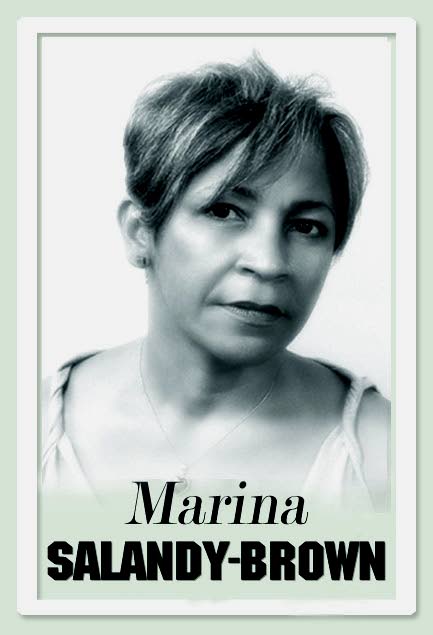Opposing models of change

Spain vs Nicaragua. No, it is not the World Cup because Nicaragua did not qualify. This column is about the remarkable changes going on in both countries and the utterly different methods used to realise political will.
When we think of anarchy, we envisage extreme social disorder, yet the experience of anarchical rule is the opposite, at least, as it was famously practised in Spain in the 1930s during a ten-month period of real political anarchy in the lead up to the Spanish Civil War, in which the fascists and communists fought to the bitter end, a precursor to WWII. On the Left, the revolutionary trade unions in Catalonia had introduced the concept of no government, no capitalism and equality for all, and had organised the region into communes, with the means of production run as co-operatives. The general assessment is that it worked amazingly well until it was hijacked by Stalinist communists whose main aim was to destroy the fascists, not create social revolution. I recommend readers dig out George Orwell’s wonderful Homage to Catalonia. The renowned British writer actually fought on the side of the Anarchists and gave a seminal account of that experiment with anarchy. However, the anarchists had used coercion and violence to arrive at the idyllic post-revolutionary state, destroying churches, collectivising private land and personal wealth. This is probably one of the reasons why, in modern times, anarchy is synonymous with chaos.
Spain has a remarkable capacity for radical change in its political systems. In 1981, after four decades of pernicious military dictatorship, the country made a surprisingly smooth transition to democracy and the restoration of the monarchy in the shape of King Juan Carlos, of whom little was expected. Political power has moved between the Socialists and Conservatives in general elections over the last 37 years. In the meantime, however, Spanish people suffered a bizarre attempted coup d’état, easily extinguished by the King as head of the armed forces, and prolonged, extreme violence from the Basque separatists who recently, finally, called it a day. In the last few years Catalonia, the country’s economic engine, has engaged in a series of increasingly desperate attempts at secession. The government in Madrid applied tough measures to halt revolt but the sight of federal forces storming the streets of Barcelona just months ago reminded the Spanish of the nasty Civil War. Then, in June, a new Socialist leader ousted the entrenched, corrupt Right by a parliamentary vote of no confidence and immediately assumed power, appointing a host of female politicians to top cabinet posts. Spain now has more female ministers than any other country and seems to be on yet a new course.
Meanwhile, in vivid contrast, Nicaragua has been slumping further into what most people understand to be anarchy. President Ortega who, as a revolutionary Marxist, Sandinista guerrilla leader, ousted the long and brutal Somoza dictatorship in the 1970s and became the darling of the Left internationally, has been clinging to power at all cost. Once regarded as the bright future of the Central American country, Ortega has now achieved pariah status. While Spain’s opposition was using parliament for a peaceful, mid-term power handover, Ortega deployed the military to silence all demands for him to step down after dominating the country’s politics for the last two decades.
Corruption in Spain’s ruling party might have been enough for a peaceful change of government, and a conviction for fraud perpetrated by the present king’s brother-in-law could land him in jail for five years and strip him of his noble title, but not in Nicaragua where the army attacked civilians, killing nearly 100 citizens injuring many more. The Catholic Church, always a big player in Latin American politics, one-time comrades, the private sector, labour, students and political opponents have united in vain against Ortega whose nepotism is despised, corruption is deplored, and whose political and social policies are causing hardship. The question there is whether the armed forces, Ortega’s main support, will stay loyal and for how much longer?
It is also worth asking how much can countries overcome their histories? Nicaragua is a victim of the USA’s former not-in-my-backyard policy that routinely armed opposition groups and often thwarted democracy in our region. [Thank God, President Trump cares not one jot about politics in the rest of the Americas]. The USA armed and funded the Contra rebels for about a decade until the early 1990s in an attempt to unseat the popular Sandinista government, making Ortega a deluded cause célèbre.
Maybe it takes time to work through the ravages of history. Spain is an encouraging example. In the Caribbean, the decisive result of recent elections in Barbados is surely another source of optimism.


Comments
"Opposing models of change"